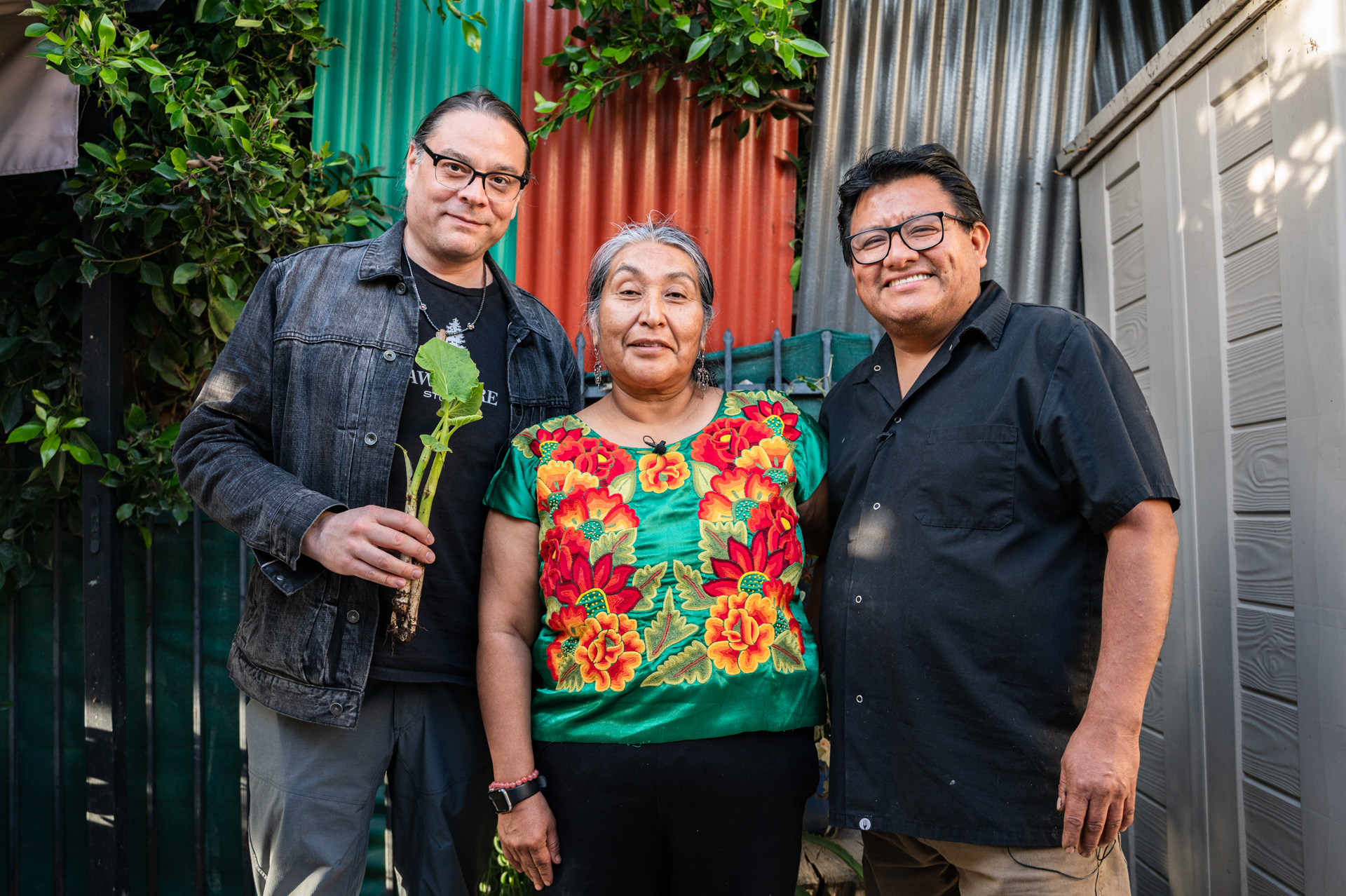More of us are researching the atrocities committed by Columbus and choosing to celebrate Indigenous Peoples Day over Columbus Day. Native peoples of North America, the continent, not just the United States, have known this and choose to commemorate the colonization-led genocide of 12 to 15 million Indigenous peoples instead.
The unofficial international holiday honoring Indigenous peoples was intentionally created as a counterpoint to Columbus Day in 1977 during a United Nations conference in Geneva. Indigenous delegates worldwide resolved “to observe October 12, the day of so-called 'discovery' of America, as an International Day of Solidarity with the Indigenous Peoples of the Americas.”
In Los Angeles, we are fortunate to have Indigenous leaders like Odilia Romero, executive director of CIELO and a Zapoteca Human Rights Activist from Oaxaca. From her TEDxTalk addressing why Indigenous people want you to stop labeling them as “Latino” to her stories crediting Oaxaca’s Mixe community for creating L.A.’s omnipotent al pastor taco scene, her teachings continually offer us opportunities to learn (and unlearn).
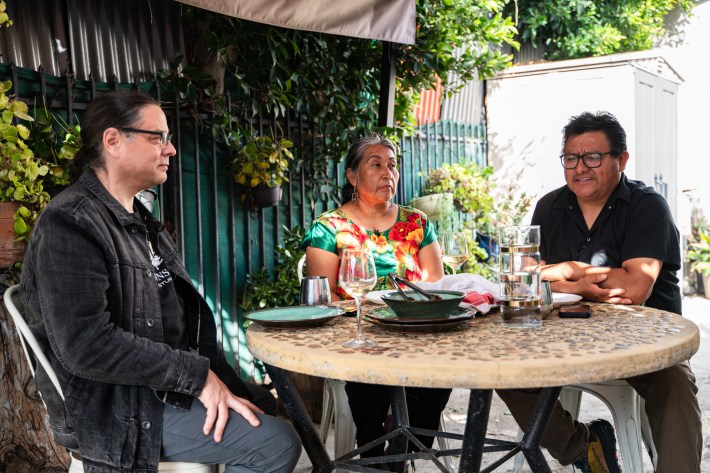
On a recent crisp Sunday afternoon in South Central, L.A. TACO invited Romero to sit down with Lakota leader and The Sioux Chef, Sean Sherman, who was visiting from Minneapolis, Minnesota. Over a pot of barbacoa de res cooked by Alfonso Martinez of Poncho’s Tlayudas, and nixtamalized corn tortillas, these were the universal Indigenous truths shared among their native backgrounds. Make sure to watch the full video below.
Red corn is sacred.
Known as sacred Ponca corn, “At the beginning of our existence, the creator gave us four sacred gifts, one of which was the sacred corn,” a Ponca Indigenous leader told The Nebraska Examiner in a story detailing the final crop of this sacred corn harvested in the pathway of the Keystone XL Pipeline. Similarly, in Mexican native culture, red corn symbolizes Xipe Tótec, the Aztec God of agriculture and vegetation.
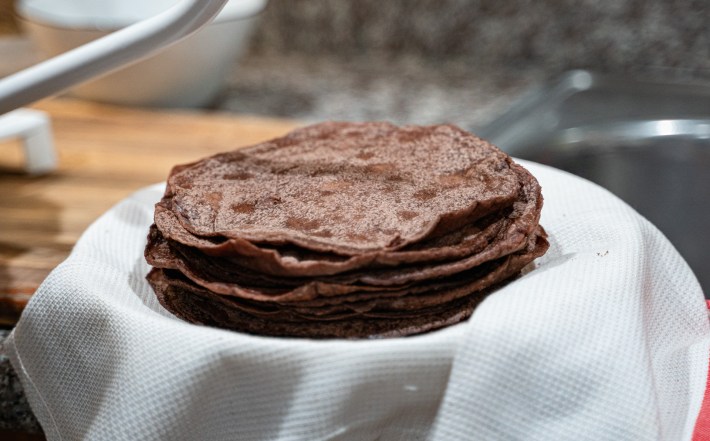
“Being Oaxacan is digestible; it’s trendy. Being Indigenous, Zapotec, or Lakota is not.”
In an era of identity politics and traditional legacy media, search for clicks, keywords, and trends dictate headlines, what terms people will use, and, consequently, the algorithm our social media platforms will promote. As we continue our quest for inclusion, let’s remember to be specific when addressing Indigenous nations.
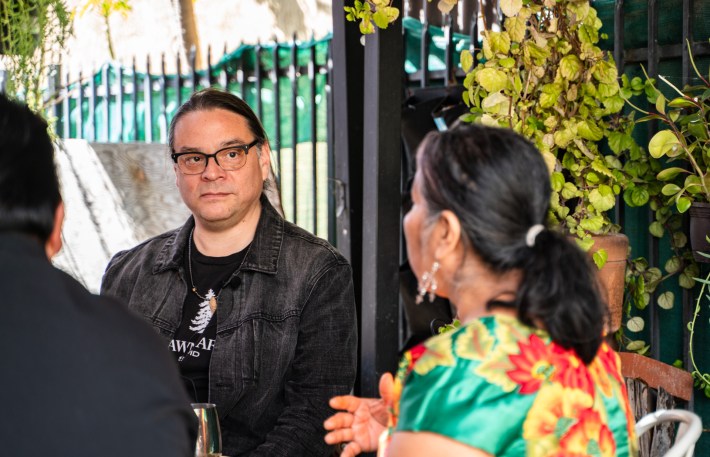
Pretendians and “Cherokees” take up a lot of space. A lot of people out there claim their "great-grandfather is Cherokee."
For some reason, it’s always Cherokees. It’s happened here in California in the academic space a few times already, where high-ranking faculty resigned or were ousted for their false claims of Indigenous heritage.
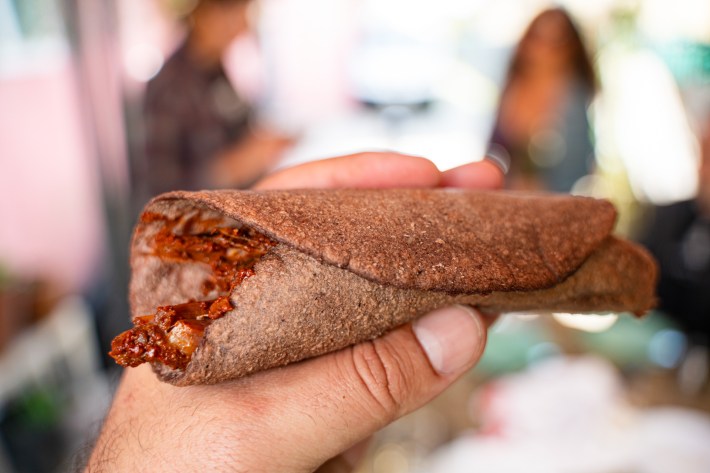
Indigenous peoples rarely ate domesticated meat. If they ate meat, it was usually wild game.
In Sean Sherman’s James Beard Award-winning restaurant, Owamni, he eliminated colonial ingredients such as beef, pork, chicken, dairy, wheat flour, and cane sugar. Instead, he emphasized agricultural products of North America, such as corn, beans, squashes, wild game, birds, fish, and Native plants. In Oaxaca, to this day, in Indigenous communities, beans, chiles, cacao, corn, and quesillo still make up the majority of the Indigenous diet.
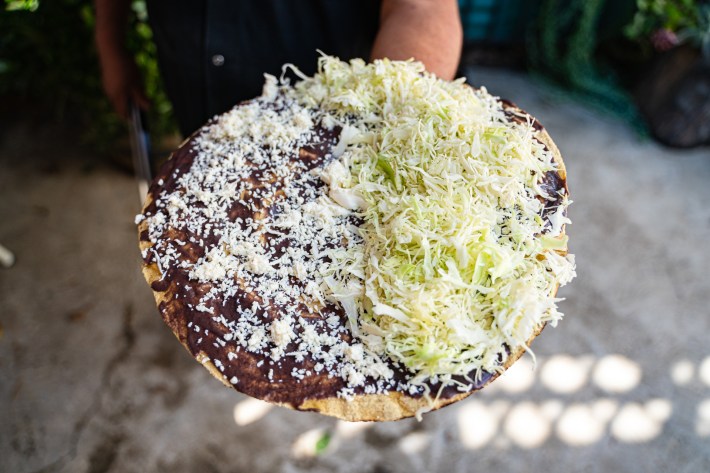
Frybread is an oppression food.
In the powerful words of Native chef Lois Ellen Frank, frybread is the result of the “nutritional genocide” placed upon the U.S.’s native nations when their rations were only flour, fat, sugar, and coffee.
“Many Native American ancestors had to take those rations and make it into something edible. This is where fry bread comes in. So, fry bread has its problematic past. It does represent survival, but it also represents colonization and subjugation. This period is what I call the government issue period, which goes from the 1800s into the 1900s.” Frank says we are just now entering Native America’s “Cuisine Period,” where chefs like Frank and Sherman redefine what Native American cuisine means.
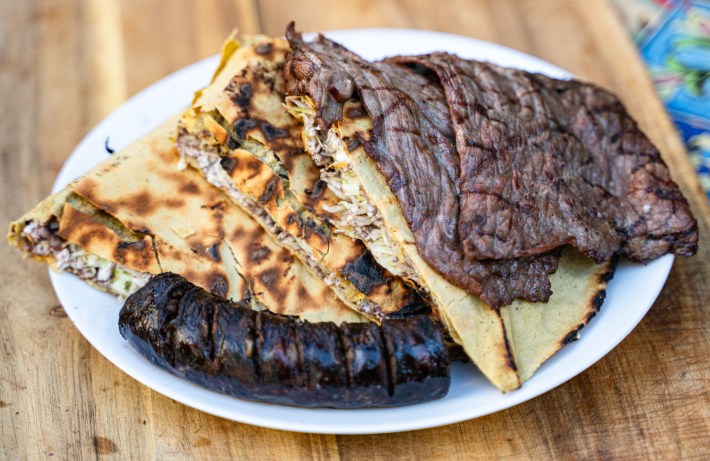
Similarities and trauma bonding
“Colonization hasn’t died. It’s at its max currently.” Indigenous are still dying to protect their corn, water, and land as they resist exploitation from large companies. Native nations also do not think individually. They think collectively.
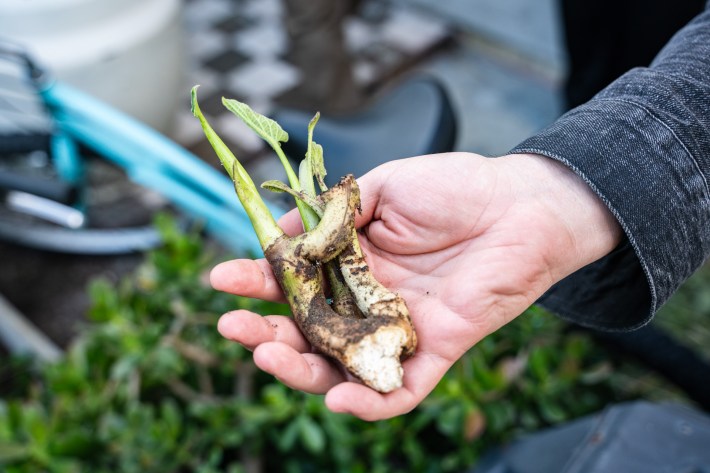
Native plants unite native peoples.
Native plants are crucial for traditional ceremonies in native peoples of all nations. They embody a shared sense of community and connection with the earth. Native plants, like the edible wild ones served in both Lakota and Oaxaqueño lands, are delicious too.
